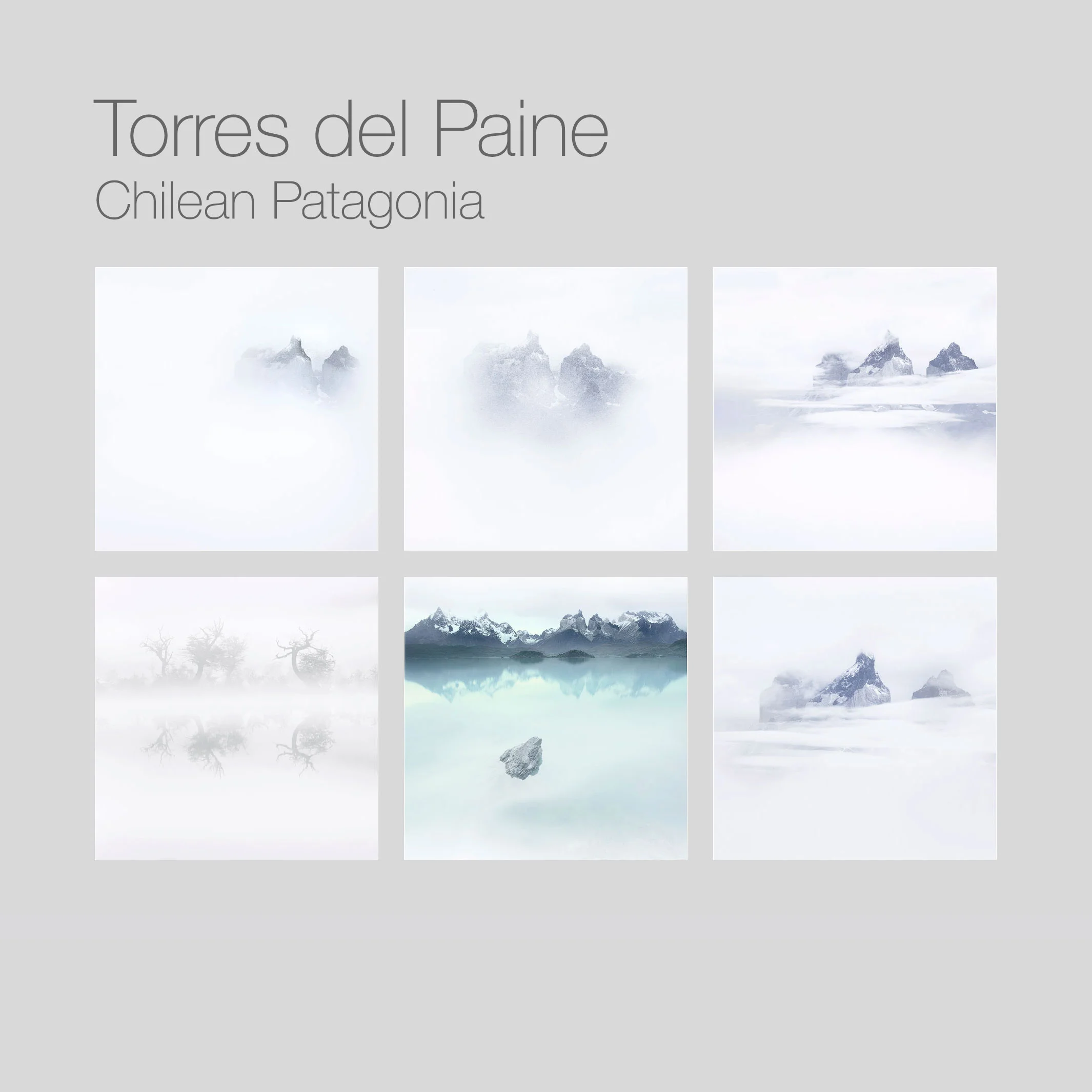Malcolm Gladwell has often been misquoted that you just need to apply 10,000 hours to become great at something. He didn’t really quite say that. In his book he talks about those hours being quality hours. In other words, some people are great self-learners and if they apply themselves the right way, they can improve. Others spend hours on something and never get any better.
Well, I hate to put particular formulas on the arts, but I do think you have to be driven, and passionate and I think most people who are great at what they do, most probably found that they spent all their waking free hours doing what they do. It’s not guaranteed to get you there, but certainly putting the work in goes a long way towards it. And conversely, spending little time on it and applying little effort is going to get you nowhere fast.
I like Eno’s belief in (admittedly a very old interview) where he says that getting a job will just get in the way of what it is you are wanting to do.
Well, I’m not going to argue with this, but I’m not exactly telling you to drop your job either if you want to improve as a photographer. My point of showing you his video, is that I think to be a better artist, you need to immerse yourself in what you do.
His argument isn’t really to ‘not get a job’, but more about ‘using your free time more efficiently to spend on your passion’. Or perhaps ‘re organising your life so that you can spend more time on the things that are important to you’.
How many of us are time efficient? How many of you have heard others say ‘I’d really like to do that but I don’t have the time’. I’ve always felt this is a bit of a cop-out argument. If you really want to do something, you tend to find a way don’t you? You can’t not do the thing you want to do, because you so badly want to do them. So when I hear ‘I’d really like to do that but I don’t have the time’, I’m hearing that they have different priorities (which is fine).
If something is that important to you - you make the time, you find it some way, somehow. You just can’t not do the thing you are burning to do.
I also think that in the process of re-arranging your life to spend more time on the things you value most, things just start to change, and it’s almost as if the universe starts to give you more of what you want.










